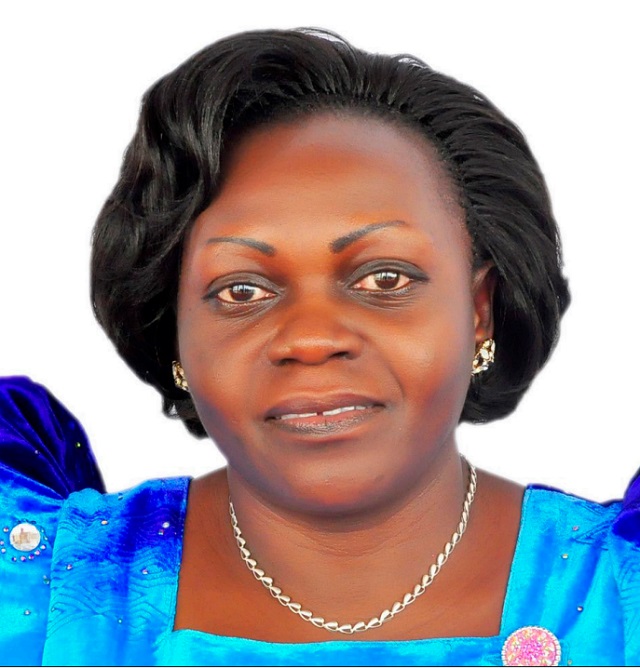
Movers cite increasing rate of infertility among men and reproductive complications among women
| PATRICIA AKANKWATSA | Uganda is witnessing an increasing rate of infertility among men and complications that render women incapable of carrying a pregnancy, according to MPs pushing for a Surrogacy and Assisted Reproductive Technology Bill.
Tororo Woman MP Sarah Opendi who secured leave of parliament to introduce the Bill and Bukuya County MP Michael Bukenya who seconded the motion say many couples are seeking the services of mushrooming fertility clinics. Unfortunately, they argue, Uganda has no law to regulate surrogacy and assisted reproduction. And they want to change that.
Dr. Joseph Kafuuma, a fertility specialist at the Women’s Hospital International and Fertility Centre, has dealt first hand with the challenges the MPs are talking about.
He says in one case, a couple walked into the fertility centre because they could not have children and needed help. A surrogate was recommended. But after the baby was born, the couple never showed up to take it.
“Although it was a loss for them because of all the costs they incurred, it was injustice for the baby,” he says.
Arthur Matsiko, the communications officer at the hospital says the issue would have been handled differently if a law had been in place. Maybe the couple would have been penalised.
“We can only do so much. We can’t sue or anything and the baby now became our responsibility,” he says.
The Surrogacy and Assisted Reproductive Technology Bill will make legal provisions for surrogate mothers, prohibition of certain practices in connection with embryos and gametes as well as the establishment of a committee under the Uganda Medical and Dental Practitioners Council to make provision for their function.
The Bill proposes remedies to regulate the environment for couples who are unable to have children owing to infertility, women who want to singularly mother a child, as well as couples with issues with genetic make-up to have children.The proposed law will look at sperm donors and legalities to do with surrogacy among others.
Opendi, who is a former Minister of Health in charge of General duties, says that although different mechanisms of getting children through the participation of other partners are already happening in the country, it is unregulated. She says that the law will protect surrogate mothers among others and children born out of surrogacy.
Opendi explains that Uganda has facilities like the Specialised Women’s Hospital in Mulago Hospital with qualified Specialists in this field.
Bukenya who seconded the motion said 50% of men are experiencing challenges with infertility adding that there is need for treatment.
“There are more than 10 fertility treatment centres in the country which are private. Government is yet to operationalise its unit given that we provided money this financial year. There is regulation needed because this is a practice that involves third parties,” said Bukenya.
Surrogacy is an arrangement, often supported by a legal agreement, whereby a woman agrees to bear a child for another person or persons, who will become the child’s parent(s) after birth.
There are two types of surrogacy: partial (genetic), and full (gestational). With partial surrogacy, the surrogate mother is also the genetic mother of the child, and conception usually occurs by artificial insemination using the commissioning father’s sperm. With full surrogacy, the commissioning couples are the genetic parents of the child and conception takes place at a clinic through IVF.
Surrogacy is highly practiced at most fertility centres around the country. Most fertility centres advertise when they need surrogates or women / girls walk into the centres and ask to become surrogates.
“Most women come in here to entirely make money,” Kafuuma says.
“We have a standard price for all surrogates depending on how many babies you are carrying because some couples want twins, triplets,” he adds.
Kafuuma says that they negotiate with the commissioning couple a price and the rest is taken care of by the hospital.
“We give them a bill for everything and we take care of the social welfare of the surrogate. The commissioning couple doesn’t even get to meet the surrogate,”
About the fear that the surrogate mother may form a bond with the baby prenatally that would make it particularly difficult for her to hand over the child to the commissioning parents, Kafuuma says that they do not allow the surrogate to see the baby.
Dr. Eve Nakato a fertility specialist says that although most surrogacy is opted for because of infertility, there are many more underlying reasons why a woman would not be able to carry a baby on her own.
“Women may have a hysterectomy due to complications in childbirth such as heavy bleeding or a ruptured uterus,” Nakato says.
She adds that the uterus may also be removed because of severe adhesions caused by surgeries which may scar the uterine cavity.
Diseases such as cervical cancer or endometrial cancer can also lead to surgical removal of the uterus, while past implantation failures, history of multiple miscarriages, severe medical conditions such as heart or renal conditions that can make pregnancy harmful.
She says to be a surrogate they require you to have given birth before and with a good medical history.
All surrogates go through the rigorous screening subjected to donors, in terms of history taking, physical examination, psychological evaluation, and laboratory testing.
****
 The Independent Uganda: You get the Truth we Pay the Price
The Independent Uganda: You get the Truth we Pay the Price





